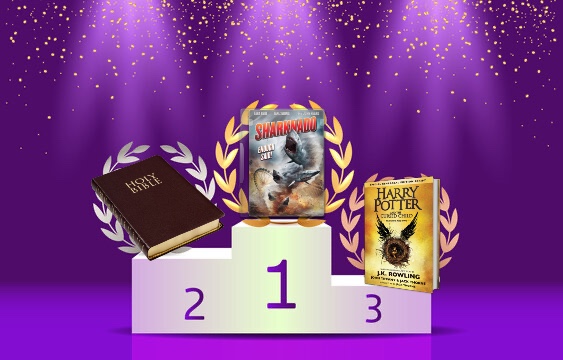
Op-Ed: Sharknado Was the Last Great Literary Achievement
It was the middle ages. The Crusades were in full swing, chivalry was alive and well, and a young John Boyer had just accepted a position as Dean at the University of Chicago. Writers across the world were telling some of the greatest stories — full of action, romance, deceit, intrigue, and just about any other noun you can think of. These were writers who possessed true artistic vision.
Take the Epic of Gilgamesh, a story which everyone has read but nobody has ever wanted to read. It has everything: deities, quests, nine days of sex, fights, and so much more. Or look at other stories, like the Odyssey, or Romeo and Juliet, or the Bible. Notice a common trend? They all have action.
Now look at what today’s writers are putting out. Nowadays, everybody’s all stuck up in their symbolisms and figurative language and choice of diction and it seems like writers have lost the true purpose of storytelling: to entertain. You see, when people watch movies or read books, they don’t want to look twelve layers deep for a hidden meaning that probably wasn’t there in the first place. Audiences want to be captivated, with a riveting tale that keeps them on the edge of their seats. And this is why the hit movie Sharknado was the last truly great literary achievement – because it is the last one that gave the audience a completely original, thrilling story.
This may sound like a baseless claim, but the numbers back it up. Literally everybody we surveyed (which was a lot of people, by the way) said they’d rather watch all of the Sharknado movies, back to back, than read The Great Gatsby. Since Sharknado came out in 2013, no storyteller has even come close to matching the tale’s grandeur. But don’t take it from me, take it from renowned critic Chris Cinema, whose review of the Sharknado series reads “Once you’ve read the title, you’ve seen all the movies.” Now that’s an opinion you can trust.





